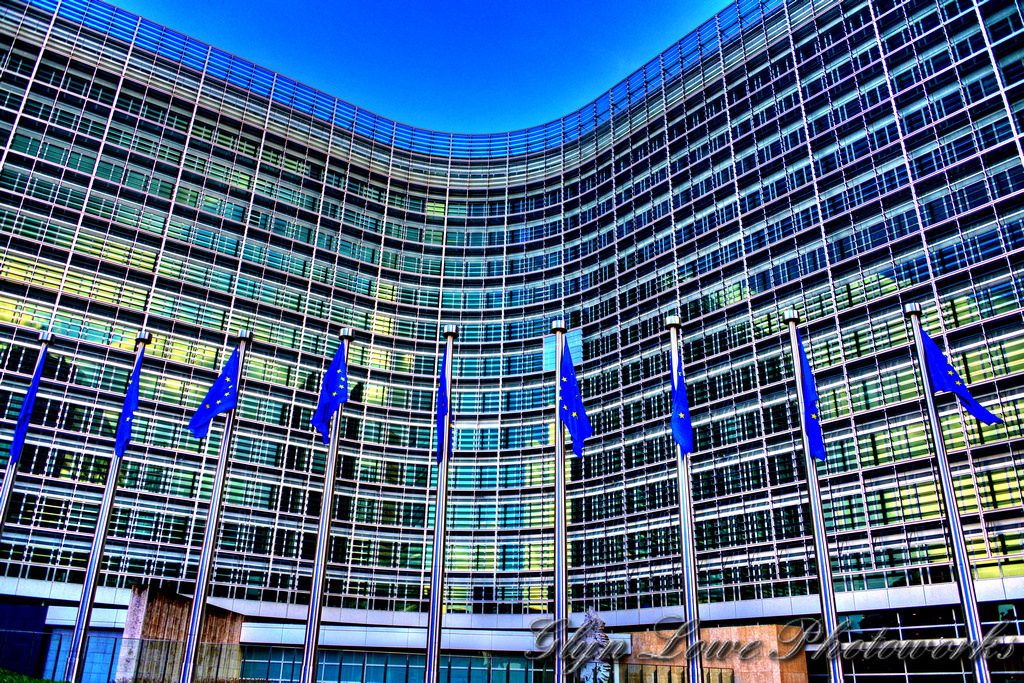The NFFO assesses the recent developments in Brussels
1. We are still trying to obtain the full picture of what has been or may have been agreed in Brussels
2. There will be a lot of concern throughout the fishing industry about what seems to be emerging.
3. We were led to believe that the UK would be as an independent coastal state from March 2019. The Prime Minister told us that only a fortnight ago.
4. This timetable and perhaps much else has been conceded as part of the transition.
5. In fact, under international law the UK will be an independent coastal state from March. But we will immediately tie ourselves into an arrangement with the EU that is worse that we had before – as the UK will not have a seat at the table when the quotas are decided.
6. The UK is to be “consulted” by the EU on setting quotas during the transition period but it is not clear what this would mean:
⦁ Notional “cosmetic” consultation or
⦁ Meaningful participation amounting to agreement (like EU/Norway annual agreement which are styled as consultations)
7. In the meantime the UK’s asymmetrical relationship with the EU on fisheries continues.
8. The UK’s central problem with the CFP has been that EU vessels, in value terms takes 4 times as much out of UK waters as our vessels take out of EU waters. That imbalance – essentially an exploitative relationship – will continue during the transition.
9. The Prime Minister told us that UK would renegotiate quota shares and control access over who fishes in UK waters, and under what conditions. That promise is on hold now and may never materialise.
10. This is being presented as tactical concession that will not prejudice our longer term aims. But it has all the hallmarks of a capitulation.
11. The danger with agreeing to the EU’s terms is that we would be a coastal state in name only
12. But there is also danger in making concessions as part of transitional arrangements because similar pressures will apply when it comes to negotiations, later this year, on the UK’s long term relationship with the EU. The EU, not unnaturally will want to maintain the asymmetric and exploitative relationship that currently exists.
13. In the immediate future, sticking to the existing quota shares (relative stability) during the transition period will cause serious difficulties when the EU landing obligation when it comes fully into force on 1st January 2019.
UK’s Negotiating Position
⦁ UK as an independent coastal state
⦁ Rebalancing of quotas to reflect the resources in our waters
⦁ Control over who fishes in UK waters
EU Negotiating Position
⦁ Status quota on quota shares and access arrangements
⦁ UK has no voting rights during transition
⦁ All CFP rules continue to apply (including new ones over which the UK has no say)

